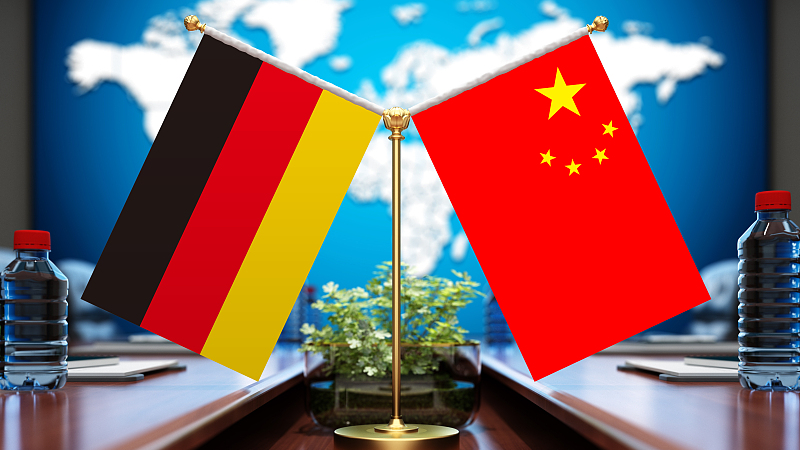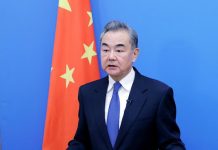BEIJING: German Chancellor Olaf Scholz’s upcoming visit to China, slated for April15-16l, underscores the importance of maintaining a balanced approach in Germany’s China policy and signifies a pivotal moment in Sino-German relations. Accompanied by federal ministers and a big business delegation, Scholz seeks to stay away from the hard-line rhetoric of certain politicians advocating “de-risking.” This diplomatic engagement represents a crucial step in fostering constructive dialogue between China and the EU. Analysts anticipate that Scholz’s visit will contribute to building positive momentum toward consensus-building and enhancing mutual understanding.
The Scholz administration’s adherence to its predecessor’s Indo-Pacific strategy signals a commitment to constructive engagement with China amidst geopolitical tensions. Germany seeks to shape the regional order independently, transcending the influence of superpowers. Central to this approach is fostering ties with China, a vital economic partner in the Indo-Pacific. Chancellor Scholz’s forthcoming visit to Beijing amid is a expression of Germany’s desire for sustained dialogue, despite escalating tensions between China and the United States.
As global power dynamics evolve, Germany’s Indo-Pacific strategy shows its commitment to principled engagement and strategic autonomy.
In an era marked by geopolitical flux, Germany’s approach offers a template for fostering stability and cooperation in the Indo-Pacific region. Refusing to align with a US-led containment approach, Germany has been emphasizing the importance of engaging with China on equal terms, rooted in the principles of reciprocity.
This stance denotes Germany’s commitment to charting its own course in global affairs, resisting pressure to conform to the dictates of superpowers.
Scholz will be accompanied by an impressive entourage representing Germany’s corporate elite. Among those joining him are prominent figures such as Roland Busch, CEO of Siemens, Ola Kaellenius, CEO of Mercedes-Benz, and Belen Garijo, CEO of Merck KGaA. –Agencies






